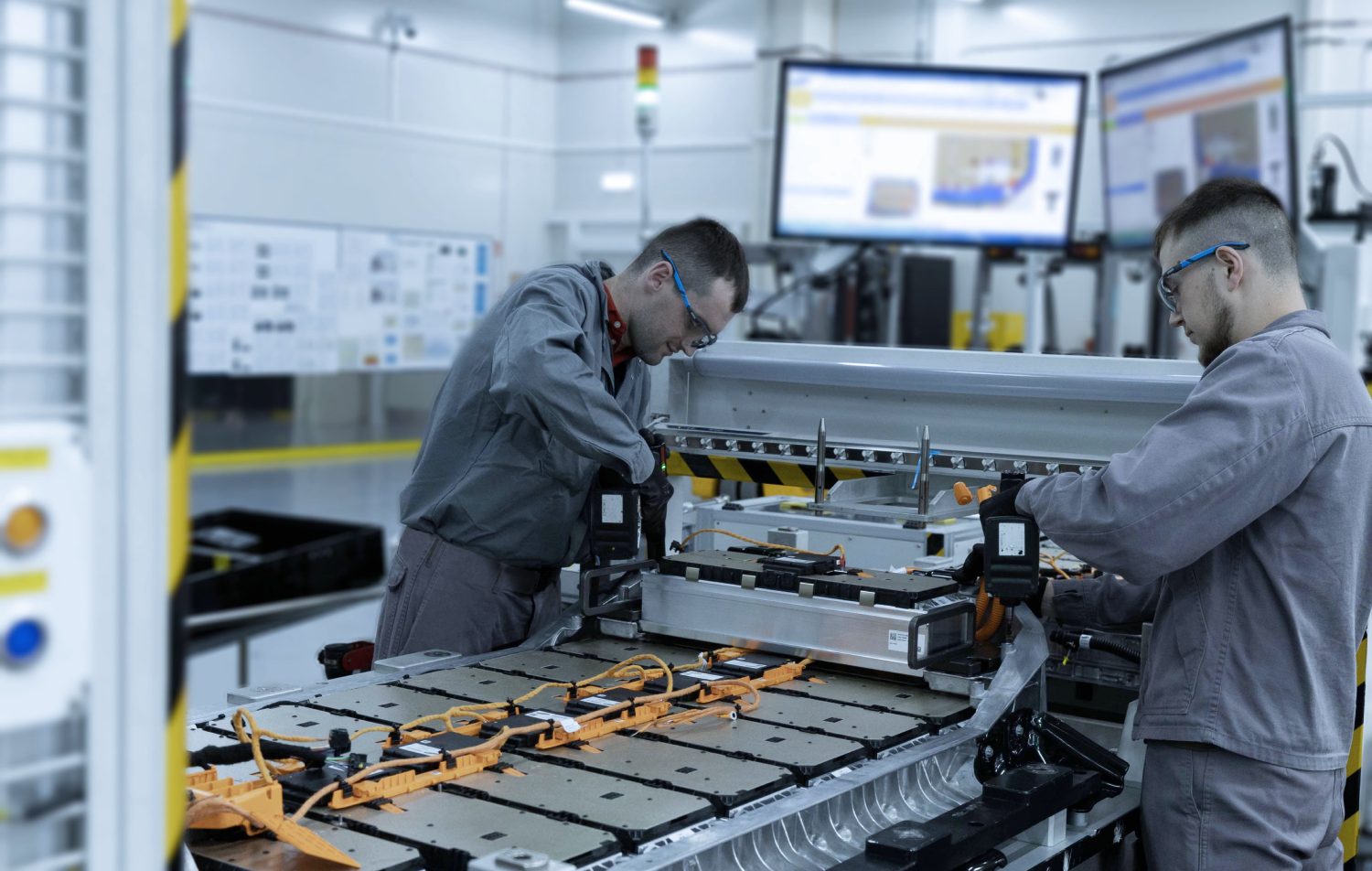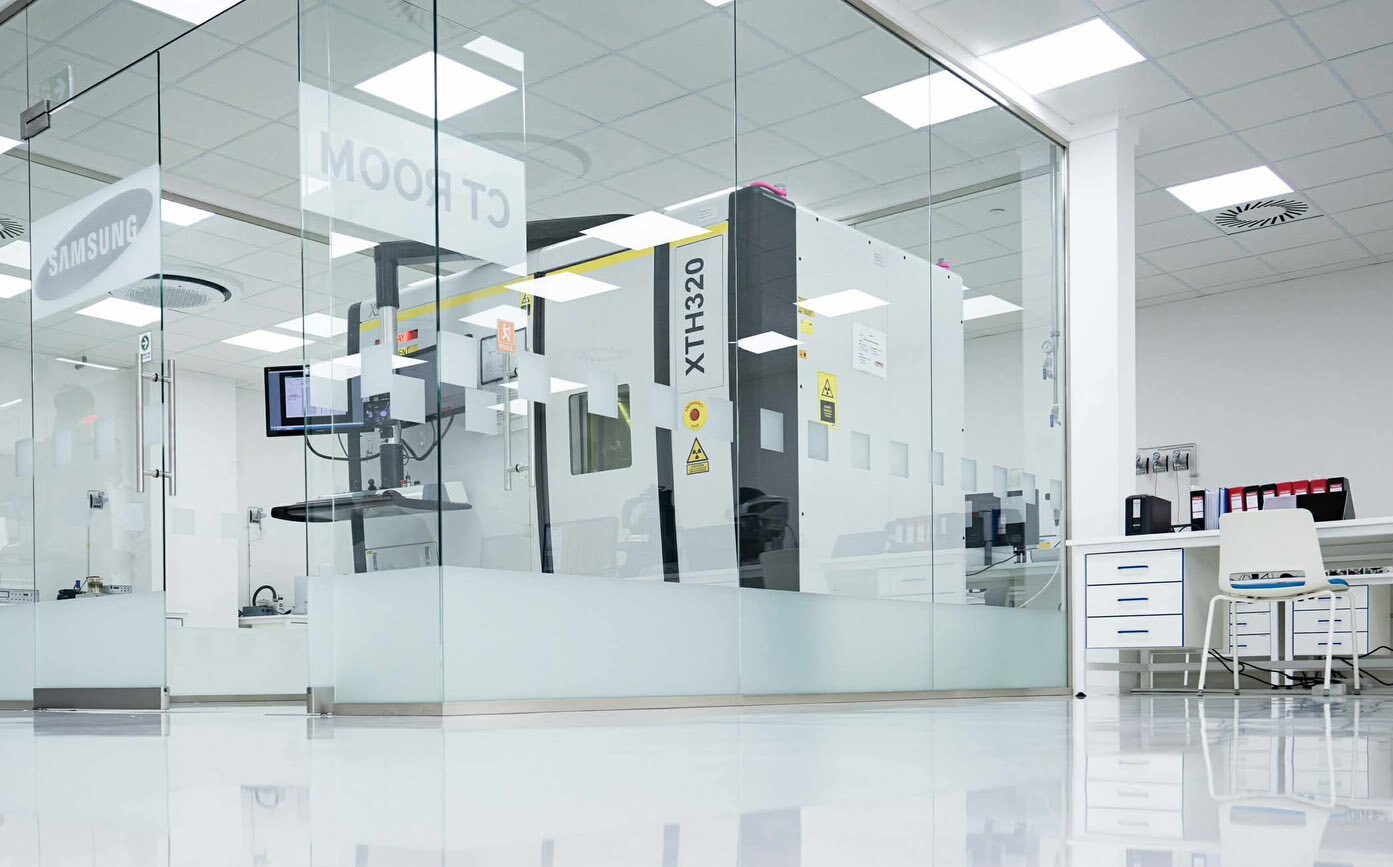
Hungary seeks to play a bridging role between Western car manufacturers and Asian battery producers.Continue reading

Samsung SDI has made one of the largest research and development (R&D) investments in Hungary’s history. “This clearly shows that the strategy of opening up to the East has now entered a whole new dimension,” the Minister of Foreign Affairs and Trade said on Wednesday in Göd (town north of Budapest).
At the opening of Samsung SDI’s new R&D center, Péter Szijjártó reported that the South Korean company’s investment of approximately 22.5 billion forints (56 million euros) is aimed at process development in battery production. The Hungarian Government supported the project with 5.5 billion forints (14 million euros), thereby contributing to the creation of numerous high-quality jobs that require sophisticated engineering skills.
The investment is intended not only to further increase the capacity and safety of lithium-ion batteries, but also to significantly improve the cost-effectiveness and sustainability of production.
Samsung SDI, present in Hungary since 2018, works closely with the country’s leading technical universities, the Minister recalled. This contributes to the modernization of domestic higher education, he added. As an example, Szijjártó cited the collaboration with Obuda University and the Budapest University of Technology and Economics (BME) on this current project. One of Samsung SDI’s five global R&D centers is now located in Göd, he emphasized.
The Minister stressed that
a total of 65 major R&D investments have come to Hungary over the past ten years.
These have contributed significantly to transforming the Hungarian economy and putting the domestic automotive industry on the world map not only as a production location, but also as a center of innovation, he added.
Szijjártó highlighted that the global economic power structure has shifted. While it was concentrated in the West for a long time, Asia has been the biggest winner of the first two decades of the 21st century. The advance of Eastern companies is expected to continue unabated, he added. He pointed out that the Hungarian Government had announced its strategy of opening up to the East back in 2010, which has now proven to be the right decision. Hungary is now a leader in East-West cooperation, which the Hungarian Government does not want to restrict, but rather promote and encourage.
Investments from the East play a decisive role in the growth of the Hungarian economy,
the politician reminded his audience. South Korean companies are currently the fourth-largest investor community in Hungary and have contributed significantly to the development of the domestic economy in recent years, he added.
The Minister also spoke out against the formation of new blocs in the world and instead advocated strengthening connectivity. “We believe that preventing East-West cooperation means losing numerous opportunities,” he warned. He welcomed the new dimension of the opening to the East. While Hungary was previously seen mainly as a production location for Eastern companies, these companies are now increasingly bringing state-of-the-art R&D investments with high added value to the country. This demonstrates Hungary’s deeper and more strategic integration into global innovation chains, he concluded.
Via MTI, Featured image: Facebook/Szijjártó Péter